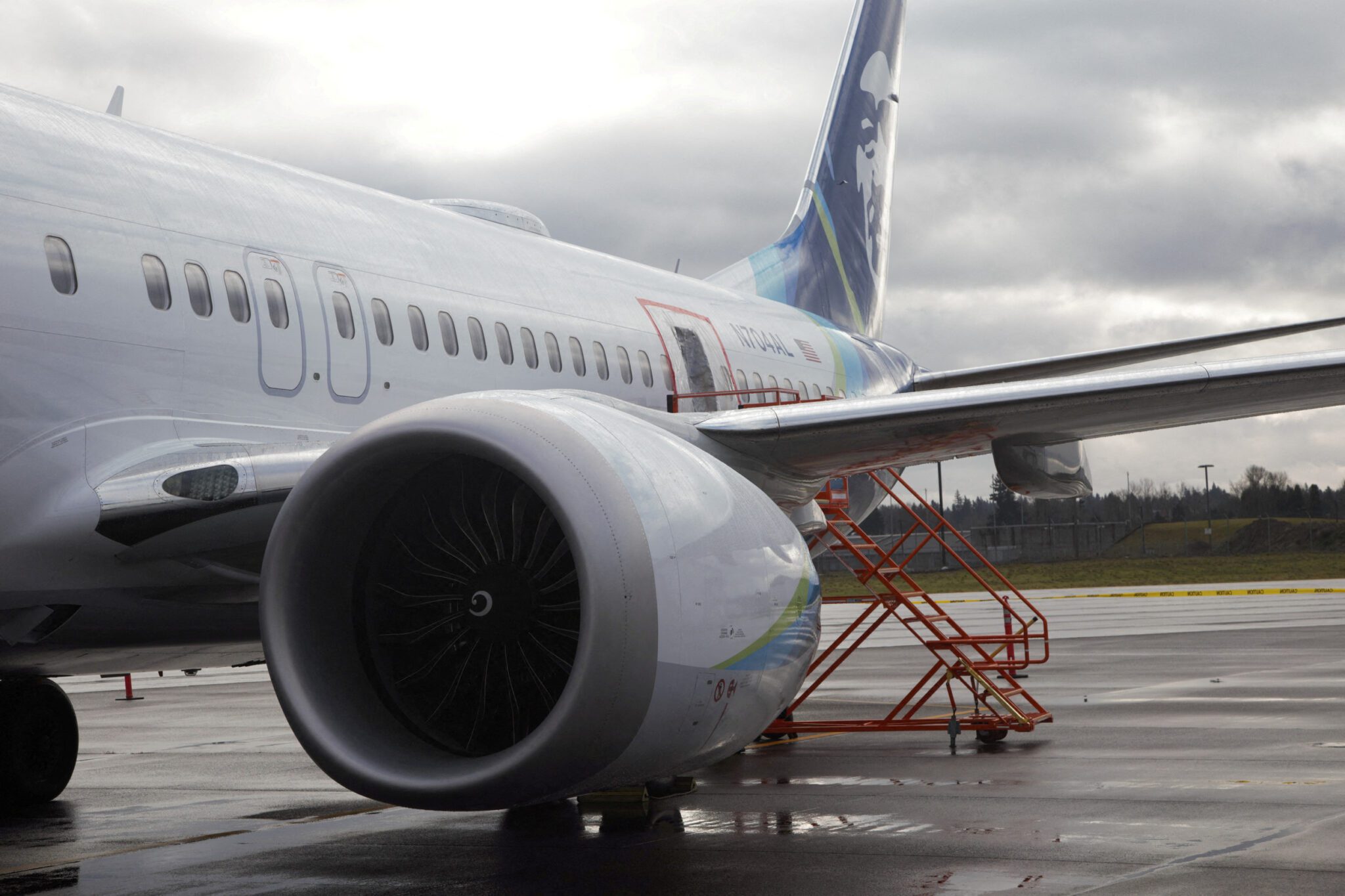Alaska Airlines Takes $150 Million Hit From Boeing 737 Max 9 Grounding

Skift Take
Alaska Airlines said Thursday the Boeing 737 Max 9 grounding will cost it $150 million and that the airline would hold Boeing accountable.
“We’re going to hold Boeing’s feet to the fire to make sure we get good airplanes out of that factory,” Alaska CEO Ben Minicucci said in a call with analysts.
Alaska maintains an all-737 fleet.
Shane Tackett, Alaska's chief financial officer, said the carrier expects Boeing to reimburse the $150 million loss.
"We fully expect to be made whole for the profit impact of the grounding," Tackett said.
The Federal Aviation Administration grounded the Max 9 January 5 after a door plug blew off an Alaska Airlines j

